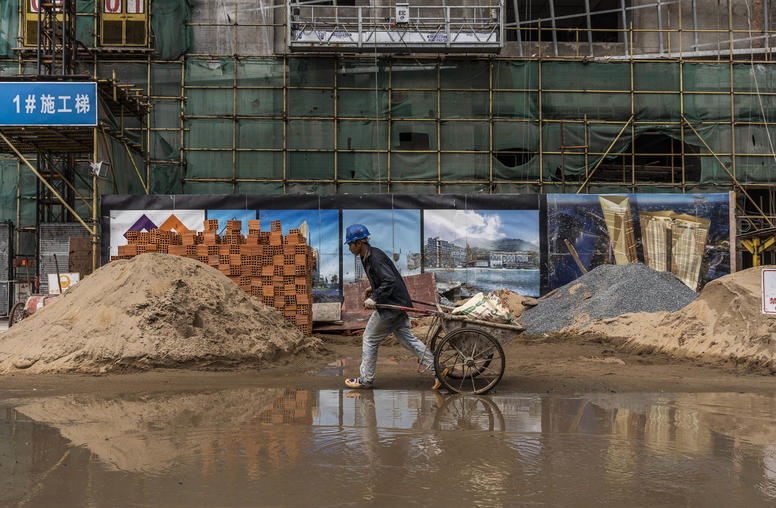Breaking Barriers
A Conversation with Women Leaders Advancing Political, Social, and Economic Change
The U.S. Institute of Peace, in collaboration with Vital Voices Global Partnership and the Bernstein Family Foundation, convened a panel discussion with women leaders from Brazil, Cambodia, and Palestine on April 4 at USIP. These 2013 Vital Voices Global Leadership Award honorees offered unique perspectives on working with government and civil society, and on the importance of an enabling environment that supports their work.

Whether fighting to secure land rights in Cambodia, safeguarding human rights in Brazil, or advancing economic development in Palestine, the 2013 honorees of the annual Vital Voices Global Leadership Awards share the common drive to affect change within their communities. This conversation reflected these women leaders’ unique perspectives on working with government and civil society, the importance of an enabling environment that supports their work, and the various ways the international community can lend its support.
The panel event also reflects the commitment of the Center for Gender and Peacebuilding at the U.S. Institute of Peace in building the capacity of women leaders in conflict and post-conflict settings. Our co-sponsoring partners, Vital Voices Global Partnership and the Bernstein Family Foundation, exemplify this spirit of Breaking Barriers.
9:00 am | Coffee and Tea
9:30 am | Welcome
- Alyse Nelson, President & CEO, Vital Voices Global Partnership
9:45 am | Panel
- Sandra Gomes Melo | Human Rights Award Winner, BRAZIL
- Tep Vanny | Leadership in Public Life Award Winner, CAMBODIA
- Manal Yaish Zraiq | Economic Empowerment Award Winner, PALESTINE
- Kathleen Kuehnast | Center for Gender & Peacebuilding, USIP (moderator)
11:00 am | End



